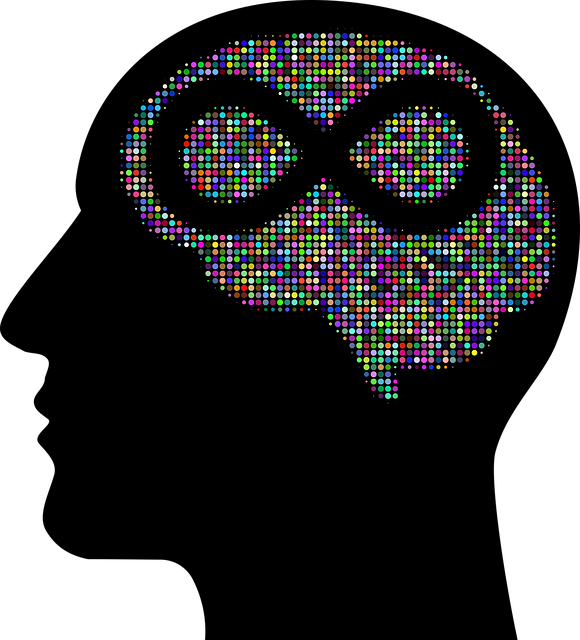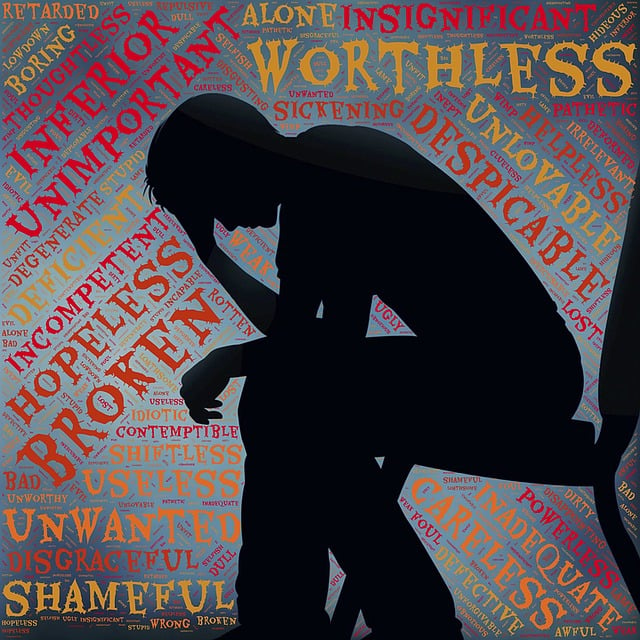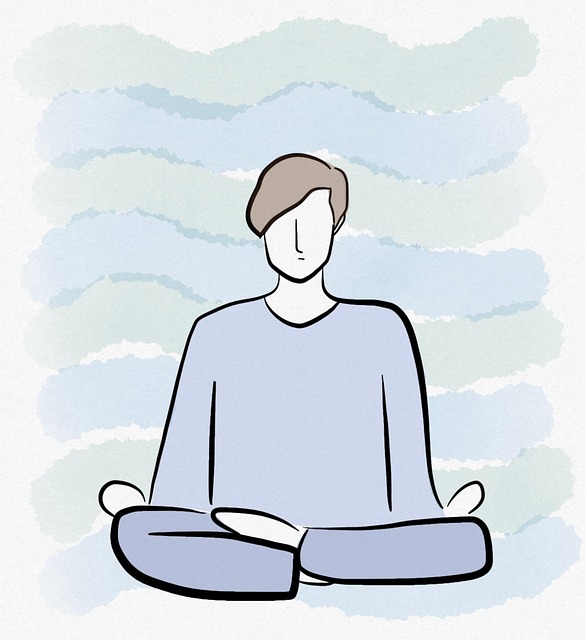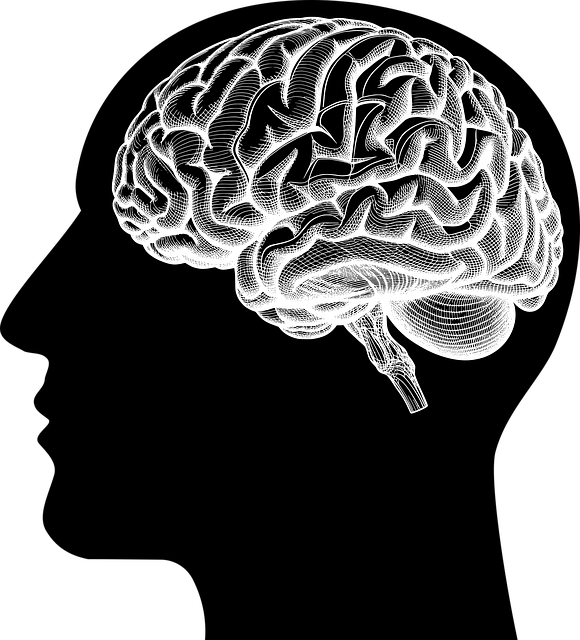Castle Rock Geriatrics Therapy offers specialized mental wellness coaching programs for older adults, integrating evidence-based practices like CBT and MBSR. These programs focus on emotional healing, stress management, anxiety reduction, and depression mitigation to enhance quality of life and independence. Through personalized goal setting, self-awareness exercises, social skills training, and ongoing assessment, clients build resilience and achieve holistic emotional well-being. The therapy prioritizes cultural competency, ensuring inclusive access and deep connections. Success is measured using standardized questionnaires and qualitative feedback, emphasizing improved mental health and participant satisfaction.
Mental wellness coaching is emerging as a vital component of modern healthcare, addressing growing needs in psychological support. This article explores the development of such programs, with a special focus on Castle Rock Geriatrics Therapy’s innovative approach. We’ll delve into the core philosophy and objectives, while also examining key components for effective coaching, evidence-based practices, and evaluation methods. Understanding these aspects is crucial for optimizing mental wellness outcomes, as demonstrated by successful models like Castle Rock Geriatrics Therapy.
- Understanding Mental Wellness Coaching: A Growing Need in Healthcare
- Castle Rock Geriatrics Therapy: An Overview of the Program's Philosophy and Goals
- Designing Effective Coaching Programs: Key Components and Strategies
- Integrating Evidence-Based Practices for Optimal Results
- Measuring Success: Evaluation Methods for Mental Wellness Coaching Programs
Understanding Mental Wellness Coaching: A Growing Need in Healthcare

In today’s fast-paced world, mental wellness coaching is emerging as a vital component of healthcare, addressing the growing need for holistic well-being. This supportive approach focuses on empowering individuals to navigate life’s challenges with resilience and balance. Mental wellness coaches work collaboratively with clients, such as those seeking Castle Rock Geriatrics Therapy, to identify personal goals and develop customized strategies. They facilitate self-discovery, promote positive coping mechanisms, and foster skills for effective stress management.
The integration of compassion cultivation practices and self-care techniques is a cornerstone of this coaching philosophy. By teaching depression prevention methods and encouraging open communication, coaches help individuals cultivate mental fortitude. This proactive approach not only enhances overall mental wellness but also serves as a preventative measure, potentially reducing the risk of more severe psychological issues.
Castle Rock Geriatrics Therapy: An Overview of the Program's Philosophy and Goals

Castle Rock Geriatrics Therapy is a specialized program designed to support older adults in navigating the complexities of mental health challenges unique to their age group. Rooted in a holistic approach, the therapy focuses on fostering emotional healing processes by addressing not just the mind but also the physical and social aspects of an individual’s life. The program aims to empower seniors to manage stress, anxiety, and depression, promoting overall mental wellness.
Through individualized sessions, Castle Rock Geriatrics Therapy incorporates evidence-based practices alongside creative techniques such as Conflict Resolution Techniques and Mental Wellness Journaling Exercise Guidance. These methods help participants develop coping strategies tailored to their needs. The ultimate goal is to enhance quality of life, allowing seniors to maintain independence, improve relationships, and find purpose in later years—a testament to the program’s commitment to holistic emotional well-being.
Designing Effective Coaching Programs: Key Components and Strategies

Effective mental wellness coaching programs are meticulously designed to foster personal growth and resilience. At Castle Rock Geriatrics Therapy, we understand that each individual’s journey is unique. Therefore, our programs prioritize adaptability and personalization. Key components include establishing clear goals tailored to the client’s needs, incorporating evidence-based practices such as Cognitive Behavioral Therapy (CBT) techniques, and integrating activities for self-awareness exercises. These strategies empower clients to navigate challenges with enhanced coping mechanisms and improved emotional intelligence.
Additionally, building social skills is integral to holistic wellness. Social Skills Training sessions are designed to help individuals develop meaningful connections and improve communication. By fostering a sense of belonging and support, these programs contribute to overall mental well-being. Through a combination of structured coaching, interactive exercises, and ongoing assessment, Castle Rock Geriatrics Therapy ensures that clients not only achieve their goals but also maintain long-lasting resilience.
Integrating Evidence-Based Practices for Optimal Results

In developing mental wellness coaching programs, integrating evidence-based practices is paramount for achieving optimal results. Castle Rock Geriatrics Therapy emphasizes a multi-faceted approach that combines Cognitive Behavioral Therapy (CBT), Mindfulness-Based Stress Reduction (MBSR), and other scientifically validated techniques to address diverse mental health needs. By incorporating these methods, coaches can facilitate positive thinking, reduce anxiety, and promote holistic well-being among their clients.
Moreover, cultural competency training for healthcare providers plays a crucial role in ensuring inclusive and effective coaching. Understanding the unique perspectives and experiences of different cultures enables coaches to tailor their approaches, fostering deeper connections and more meaningful interventions. This, in turn, enhances the overall effectiveness of mental wellness programs, making them accessible and impactful for a broad spectrum of individuals seeking support.
Measuring Success: Evaluation Methods for Mental Wellness Coaching Programs

Measuring success is a crucial aspect of evaluating the effectiveness of mental wellness coaching programs, especially in the context of Castle Rock Geriatrics Therapy. The primary goal is to assess whether participants are experiencing improvements in their mental health and well-being. One effective method involves pre-and post-program assessments, where individuals are asked to complete standardized questionnaires gauging their anxiety levels, depression symptoms, and overall life satisfaction. These tools provide quantitative data that can be analyzed to determine significant changes over time.
Additionally, qualitative feedback from participants through surveys or interviews offers valuable insights into their experiences. This method allows for a deeper understanding of the program’s impact on their lives, including improvements in self-care routine development for better mental health and burnout prevention strategies for healthcare providers. Effective communication strategies are also essential to gathering honest opinions, ensuring participants feel heard and supported throughout the coaching process.
Mental wellness coaching programs, such as those offered by Castle Rock Geriatrics Therapy, are transforming healthcare by addressing a growing need. By integrating evidence-based practices and incorporating key components like personalized goal setting and ongoing evaluation, these programs achieve optimal results. The success of mental wellness coaching lies in its ability to enhance overall well-being, making it an essential component of modern healthcare. For seniors seeking support, Castle Rock Geriatrics Therapy offers a comprehensive approach that not only navigates the complexities of mental health but also fosters significant personal growth and metamorphosis.














